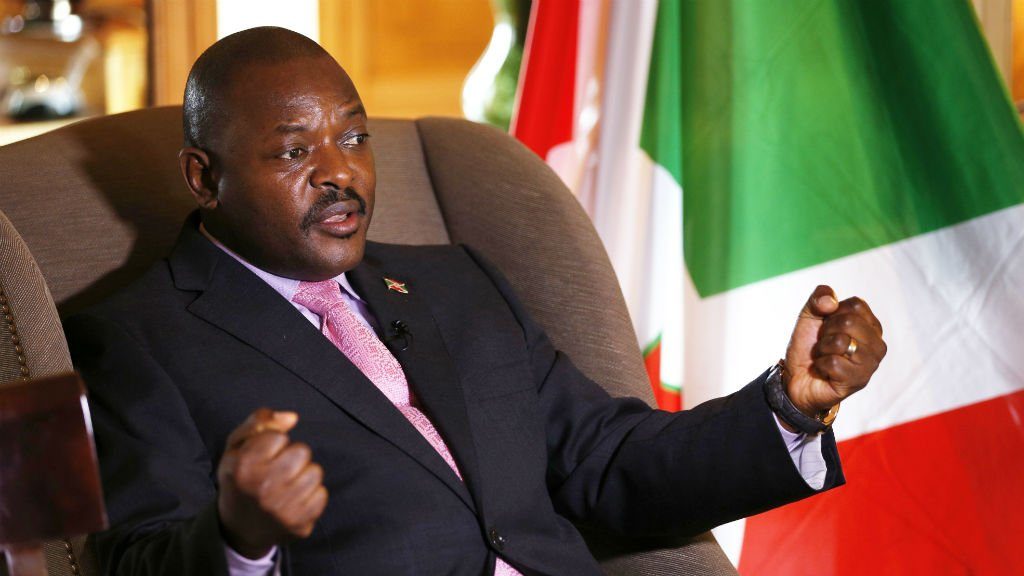
A total of 99,200 Burundian rural households in 17 provinces will benefit from a financial agreement signed today between the International Fund for Agricultural Development (IFAD) and Burundi.
The agreement will enhance the availability of financial services in rural areas where demand currently far outstrips supply. Particular attention will be given to the most vulnerable groups, including women and young people.
The financing agreement for the Project to Support Agricultural and Rural Financial Inclusion in Burundi (PAIFAR-B) was signed in Rome by Gilbert F. Houngbo, President of IFAD, and Phil Domitien Ndihokubwayo, Minister of Finance, Budget and Privatization of Burundi.
The total cost of the project is US$38.6 million, including a $24.9 million Debt Sustainability Framework grant from IFAD. The project will be co-financed by the Government of Burundi ($2.6 million) and by the participants themselves ($2.1 million).
In Burundi, rural populations have extremely limited access to financial services. To start agricultural or non-agricultural activities, they often have no choice but to borrow from traders and “loan sharks” who can charge excessive interest rates as high as 1,000 per cent.
PAIFAR-B aims to provide access to financial as well as other diversified services, in order to foster the emergence of a wide range of income generating enterprises, with a focus on assisting the rural poor. The project will involve various partners, including the Bank of the Republic of Burundi for regulatory issues, as well as the private banking sector for managing funds and refinancing the microfinance establishments (MFEs).
The MFEs will finance the small-scale farmers, traders, processors, craftsmen and the cooperatives working in the agricultural and non-agricultural rural sector. The project will also help strengthen the Bank of the Republic of Burundi’s microfinance technical capacity.
This new project will encourage the MFEs to provide a more complete range of services that are adapted to the needs of rural communities, and to sustainably expand their scope in rural areas.
It will complete work initiated under other IFAD-supported projects in Burundi intended to transform cooperatives into trustworthy and credible interlocutors in the eyes of financial institutions and the smallholder farmers involved in the production, the processing and the marketing of crops such as beans, rice, bananas, potatoes, avocados and maize. PAIFAR-B will also contribute to improving the food security and economic and social well-being of the target populations.
Since 1979, IFAD has financed 12 rural development programmes and projects in Burundi, representing an investment of $235.1 million or $460.4 million when co-financing is included. These programmes and projects have directly benefited more than 712,779 rural households.
